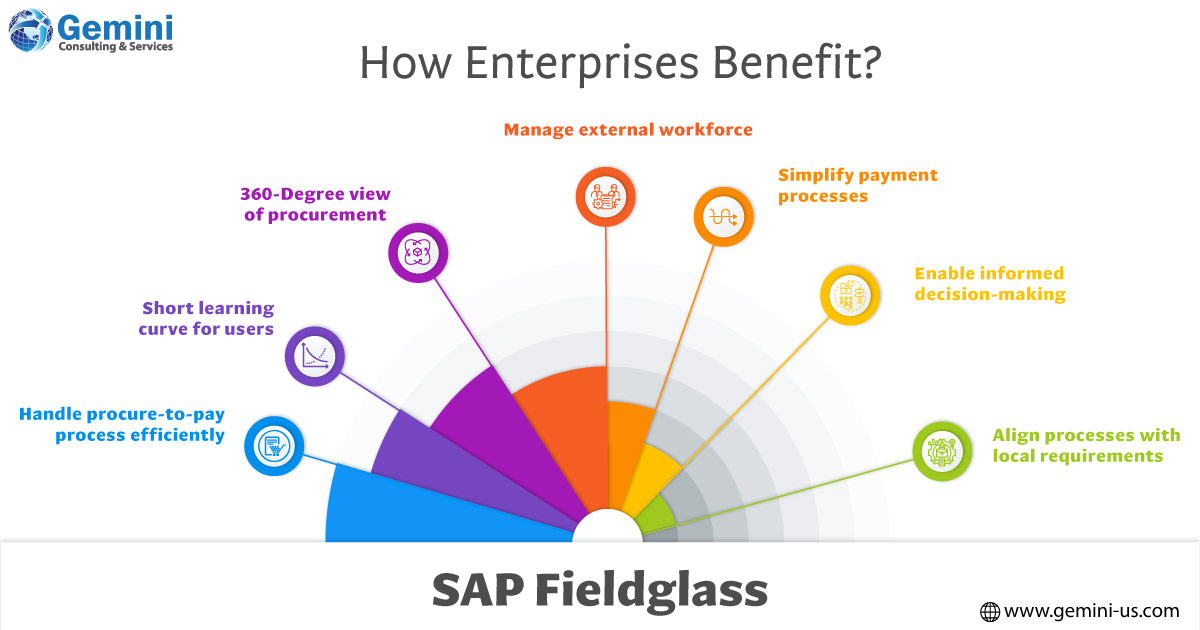In today’s enterprise, the workforce comprises a diverse blend of contingent workers, independent contractors, freelancers, and permanent staff. This diversity poses a significant challenge for organizations, as they must effectively manage these distinct groups while maintaining output quality and customer satisfaction.
Even managers in traditional companies have had to adapt to a changing work environment, witnessing a substantial increase in the number of contributors. According to Forbes, the composition of contingent workers has risen by 30-50% in some cases, as organizations rely on third parties to provide essential services.
Under pressure to reduce vendor risks and control costs while delivering exceptional services and extracting maximum value from resources, organizations often engage with numerous vendors, each with different contracts, pay rates, and points of contact. Consequently, effective vendor management has become paramount, encompassing vendor performance monitoring and reducing instances of information lapses and negligence.
A Vendor Management System (VMS) facilitates:
- Advancing vendor performance and ensuring the consistent delivery of quality services.
- Establishing long-term relationships with multiple vendors and suppliers.
- Facilitating data-driven buying decisions.
- Providing advanced data analysis and reporting capabilities.
Determining the Need for a VMS
Enterprises should consider the following criteria when deciding whether to implement a VMS.
- Does your organization engage a large number of independent contractors across various business locations with Statements of Work (SOWs)?
- Does your current software application provide sufficient support for identifying worker locations, resources, and costs? Often, recruitment and purchasing processes lack software support and remain fragmented across non-integrated systems.
- Do compliance processes, documents, access, and asset management pose challenges?
- Is your procurement process unclear and unstructured across different stages?
Effectively managing vendors requires a deep understanding of their operations, pricing quotes, and available discount options. As the external workforce expands, businesses need to enhance their talent acquisition and management strategies. A vendor management system offers a comprehensive view of external talent and service providers from various sources, empowering businesses to remain globally competitive and adapt quickly to change.
By implementing a vendor management process, the procurement team gains the ability to evaluate vendors, source and obtain pricing details, assess quality, measure overall vendor performance against organizational standards, and ensure timely payment processing.

SAP Fieldglass and Its Functions
SAP Fieldglass is a comprehensive cloud-based Vendor Management System (VMS) designed to assist enterprises in organizing, monitoring, engaging, and processing payments for their external workforce or vendors. This solution offers businesses complete visibility into their contractors, vendors, consultants, and more while granting full control over each stage of the process.
The software aids in determining staffing requirements during recruitment and sourcing, actively managing ongoing engagements and service orders, processing billing and invoicing expenses, and tracking services performed.
By utilizing SAP Fieldglass, businesses can effectively manage their external workforce from sourcing to payment. It enables tracking of tasks performed by the external workforce, calculating associated costs, processing invoices, and managing billing. The software seamlessly connects, streamlines, manages, and pays the external workforce while effortlessly integrating with other SAP applications such as SAP Ariba and SAP SuccessFactors. Additionally, SAP Fieldglass can integrate with SAP HRM, simplifying external workforce management, and integrate with SAP procurement solutions to ensure smooth procurement processes.
SAP Fieldglass integrates with other SAP applications to facilitate the management of master data, asset management, onboarding, offboarding, and more.
When a company employs SAP Fieldglass to identify and hire external workers, it triggers a procurement action for suppliers in SAP Ariba. This helps manage both permanent workers and contract workers while providing clear visibility into the value of the delivered external work. Let’s delve into this further.
In the case of procuring a full-time job profile, the delivery team shares the requirements with HR, who then obtains the necessary approvals to initiate the hiring process. Contractual employees are typically planned for as an advanced service. For instance, if there is a need for 5 Ariba consultants on a temporary basis, this hiring or procurement can be carried out using SAP Fieldglass. The procurement team logs a purchase requisition requesting the services of 5 Ariba consultants for a specific period.
Therefore, from a procurement perspective, SAP Fieldglass is utilized to facilitate advanced service procurement. The software provides different types of APIs for access, depending on the requirements of buyers, suppliers, or workers. It also permits separate login requests for these three parties.
Gemini Consulting & Services offers customization and configuration services for SAP Fieldglass to meet the specific needs of businesses. This flexible and reliable system offers a short time-to-value window for users. SAP Fieldglass can be utilized by businesses in industries such as utilities, banking, construction, defense, aerospace, and professional services. Feel free to contact us to learn how SAP Fieldglass enables small and mid-sized businesses to easily source, manage temporary labor, and procure contractors.

- The SAP Fieldglass application establishes a transparent structure to handle the entire procure-to-pay process for temporary or contingent labor and services.
- It features a user-friendly and intuitive interface with a short learning curve for all users.
- Users can seamlessly navigate between applications with Single Sign-On (SSO), electronic signatures, and standard or custom integration between SAP Fieldglass and other applications. This provides businesses with a comprehensive 360-degree view of procurement based on all parameters.
- SAP Fieldglass empowers organizations with various functionalities required to manage the entire external workforce, allowing the HR department to focus on hiring more employees.
- Simplifies payment flows with centralized and uniform invoicing. As a result, internal invoice verification is not required.
- SAP Fieldglass enables informed business decisions and evaluation of clear industry-specific key performance indicators (KPIs).
- For businesses with a global footprint, SAP Fieldglass aligns regional processes with local requirements as applicable.



